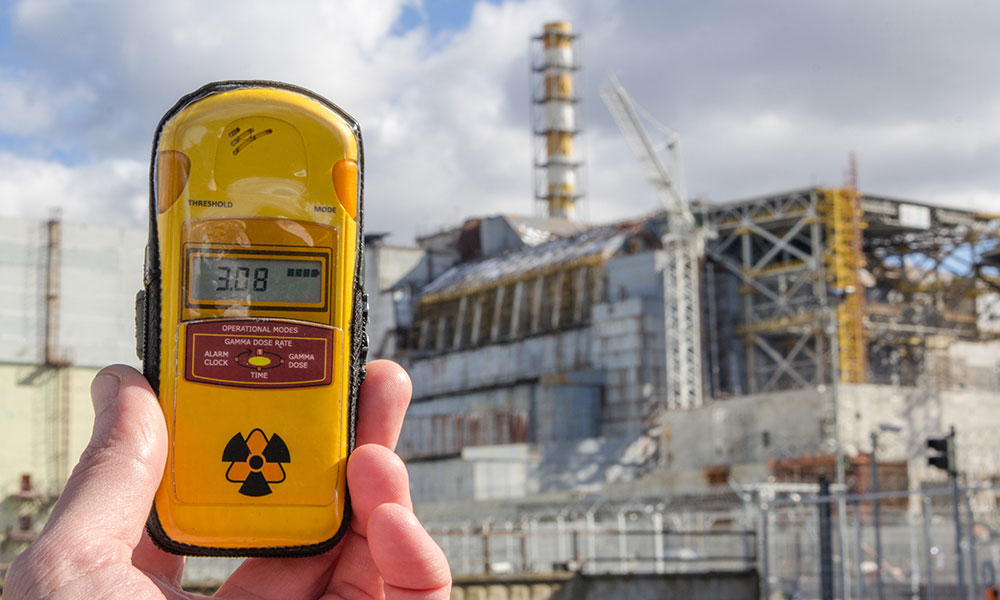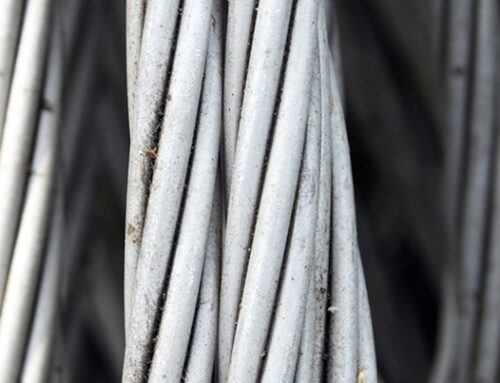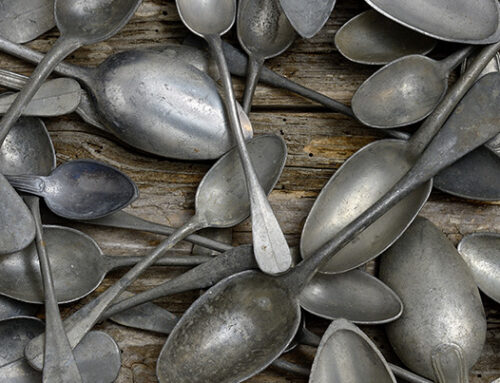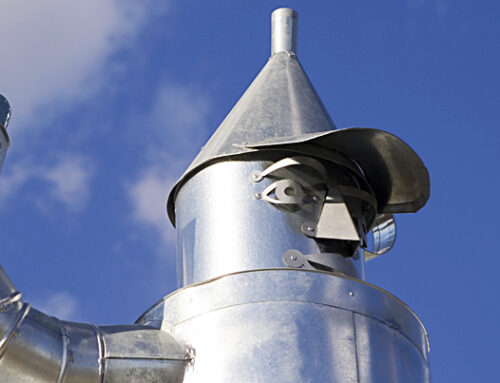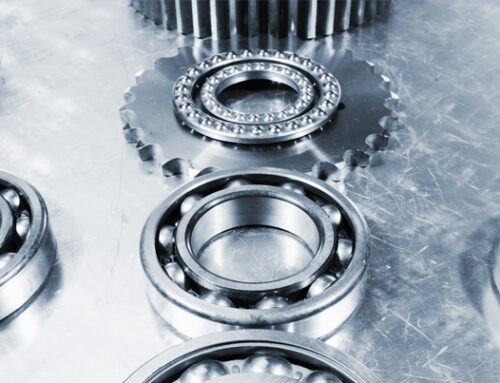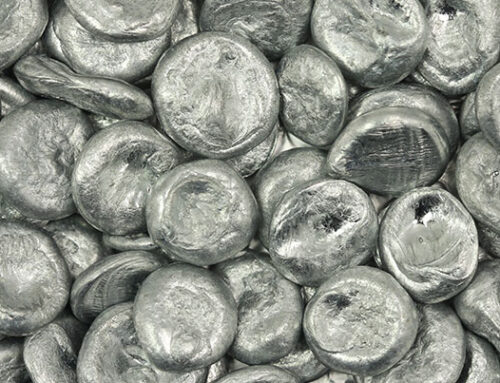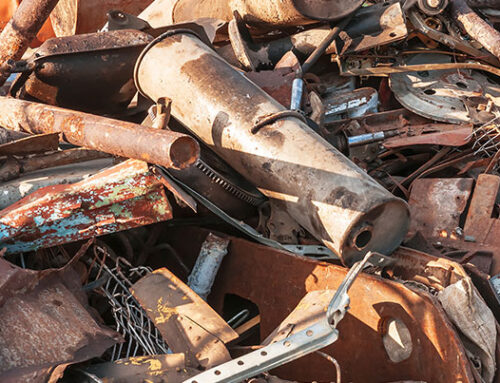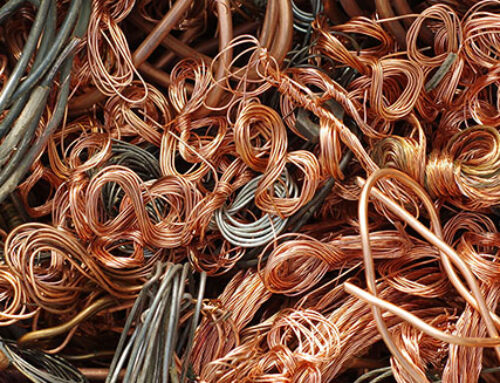Because of various factors, including oil processing equipment use and nuclear waste disposal, some scrap metal can become contaminated with radiation. Most scrap metal recycling facilities in Dallas, including Encore, cannot recycle this type of material—and even those rare facilities that can recycle radioactive scrap metal have special procedures in place that often affect the value of the metal.
Although radioactive scrap metal, also known as “hot” scrap metal, is rare, it’s important to be aware of the concerns around radioactivity if you plan to recycle scrap metal.
Why Radioactive Scrap Metal is Harmful
Radioactive scrap metal is harmful in the way that all radioactive material is harmful: it can cause cancer, as well as more immediate injuries such as burns. It can also significantly damage metal recycling equipment.
In addition to these effects, a single piece of radioactive material in a load of scrap metal can contaminate the entire load of scrap metal. This is why scrap metal recyclers employ a variety of sensitive radiation checking equipment before allowing scrap into the facility. If a load of scrap metal displays any signs of radioactive contamination, the entire load will in all likelihood be rejected.
Sometimes radiation sensors will go off even when there is not significant contamination, which will be resolved by closer investigation. For example, if you have recently received an x-ray and handle scrap metal, your metal may set off a sensitive sensor, but should not be significantly contaminated.
Although radioactive scrap metal is relatively rare, especially when compared to the huge amounts of radiation-free scrap metal out there, this is another reason that it is always of the utmost importance to use common sense safety practices when handling any scrap metal. The side effects of exposure to radiation can be very serious.
How We Check for Radioactive Contamination of Scrap Metal
There are radiation sensors active at our facility at all times to check incoming scrap metal for any signs of radiation contamination. Unfortunately, although we do accept a wide variety of materials for recycling, we cannot accept any significantly radioactive scrap material at Encore.
If you plan to do a significant amount of scrap metal recycling with us or another Dallas scrap metal recycler, it may be worth investing in a radiation meter of your own to check your scrap metal before bringing it in.
Also, if you have scrap metal from a particular site rejected for radiation, there may be active radiation contamination at that site—meaning that no scrap metal collected from that site will be viable for recycling.
You should also look out for radiation sources when looking for recyclable scrap metal. For example, some types of medical equipment, such as x-ray machines, are radioactive sources. Dismantling these machines or even storing them near your scrap metal could cause radioactive contamination if the radioactive source inside the machine is exposed.
To prevent radioactive contamination of your scrap and exposure of your body to harmful levels of radiation, do some research on some of the most common radioactive sources. Also, never dismantle any piece of machinery if you do not know what it is, what it does, and what’s inside. Special equipment and training are necessary to safely dismantle even many non-radioactive scrap materials, such as CRT tubes from old televisions and monitors.

